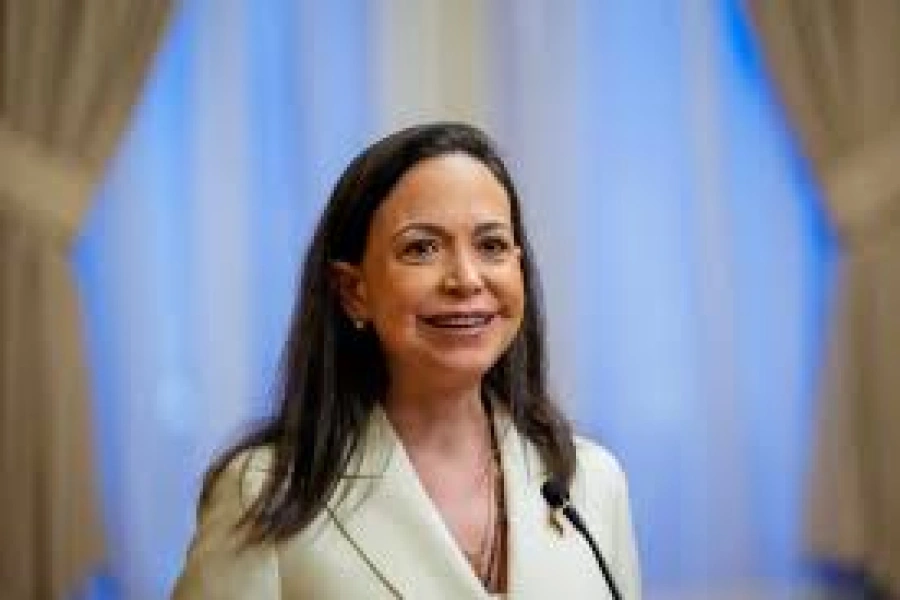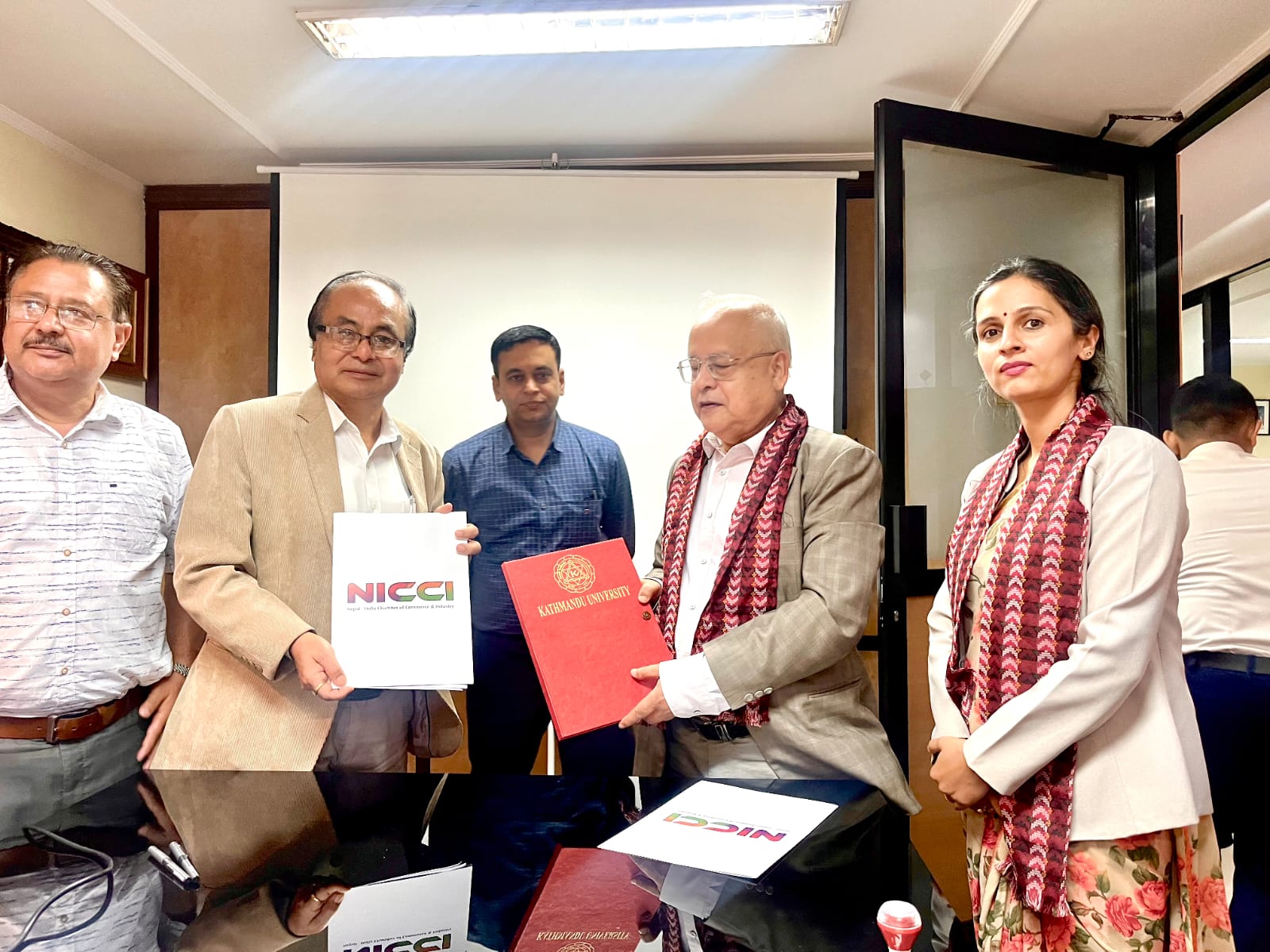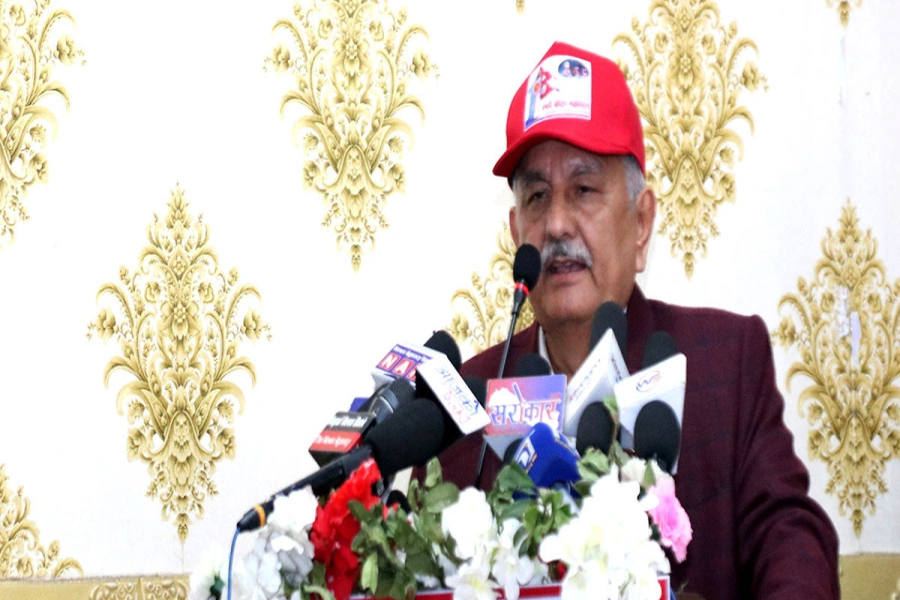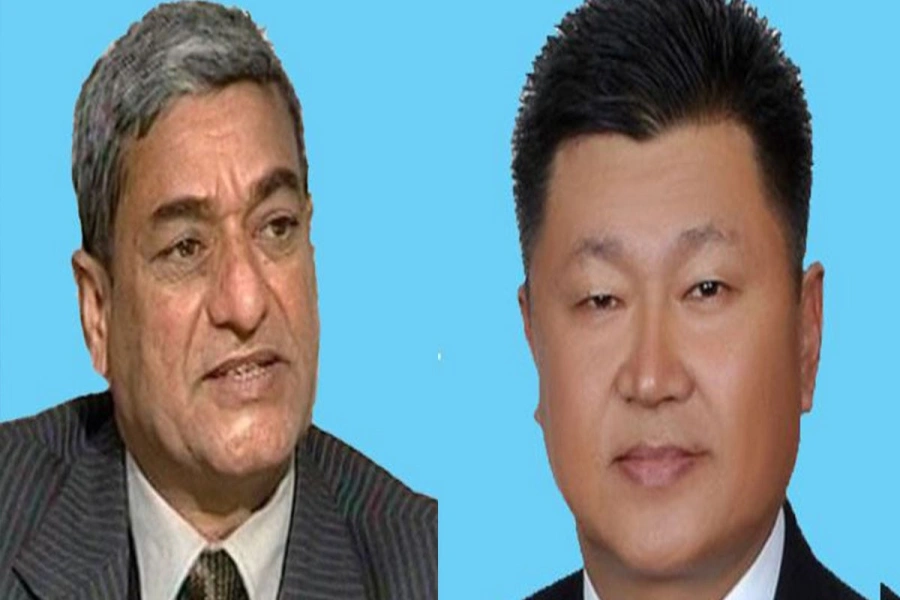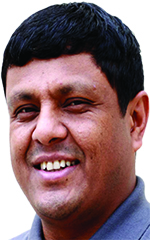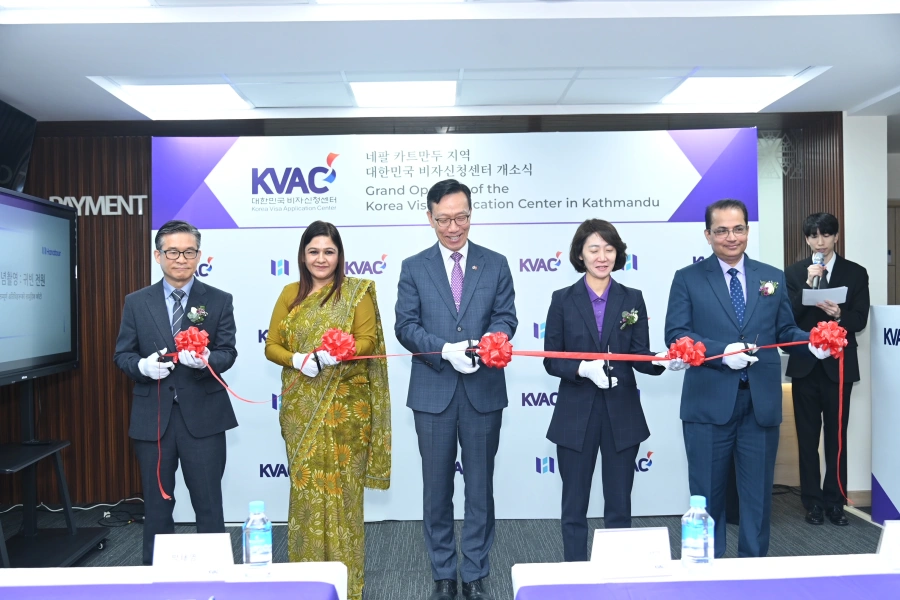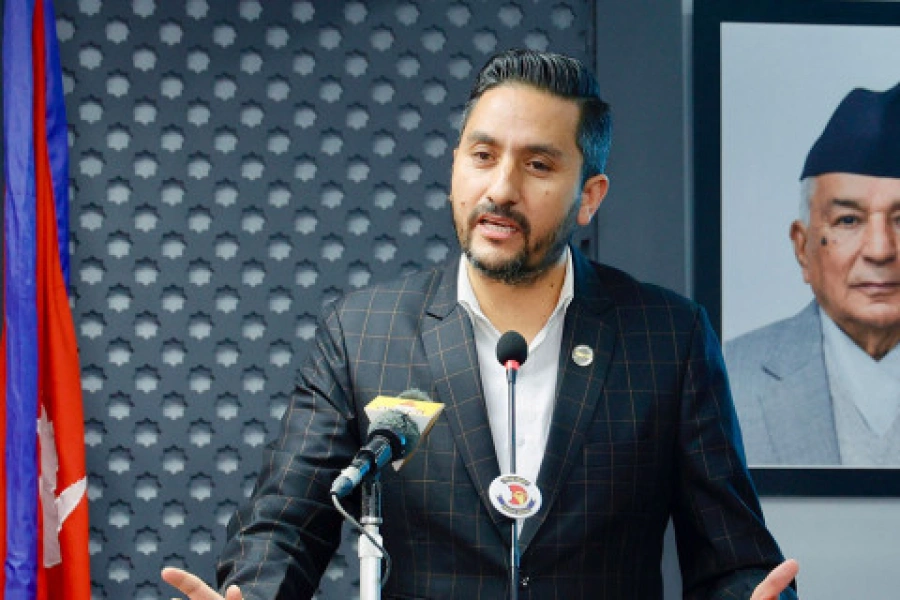There is a widespread agreement that the higher education sector in Nepal is in urgent need of reform. A new Bill “Federalizing Education” has begun to engage stakeholders bringing forth their concerns in a multitude of areas. This paper delves into two specific issues that have surfaced: comprehending the notion of federalizing education and striking a balance between the freedom of speech and curbing political activities on campuses. A comprehensive proposal has been published on Nepal Plugged, garnering numerous valuable comments and feedback. The proposal suggests several key ideas: implementing a 3-Tier model that categorizes higher education institutions into research, teaching, and community/vocational segments; subdividing the current TU into 7 autonomous provincial university systems; and restructuring decision-making bodies like the Senate and Chancellorship by replacing government and politicians with a Board of Trustees model. The proposal emphasizes the importance of transparency and objectivity in recruitment and promotion processes, along with a range of other refined concepts to minimize political meddling. The proposal also underscores the importance of authorities carefully scrutinizing the proliferation of academic institutions, particularly new requests, within the framework of a comprehensive vision, regional requirements, and a sense of balance. Special emphasis is placed on addressing the immediate needs and challenges faced by TU as a top priority.
The New Act: Federalizing Education
The recent initiative by certain political leaders to address these issues through an Act within the framework of a "federalizing education” is indeed a positive development. Equally encouraging is the sight of political leaders actively participating in discussions with academicians, educators, and journalists through various mediums, including mass media and face-to-face interactions. Predictably, various stakeholders have begun to express their views, including raising voices against certain propositions offered in the Bill. These propositions include: devolving education control to local or provincial levels, restricting political involvement of academic institution employees and students, appropriate number of academic institutions, ranking of the academic institutions, the nature of the governing body and the institutional control, determining the extent of public funding, striking a balance between public versus private expansion, fee structure, and financial sustainability among other concerns.
As it calls on policymakers, this paper underscores the importance of prioritization rather than attempting to address all issues simultaneously. Two pivotal propositions have emerged as focal points of concern. The first revolves around resistance to granting provincial and local control over academic institutions. Notwithstanding the motivation behind this, this paper ardently advocates for the merits of such devolution. Specifically, this paper argues the case for federalizing the education sector, which includes the delegation of control, planning, and supervising roles to provincial and local administrative bodies. This empowerment allows them to oversee various vital aspects, including curricular standards, teachers’ licensure, examination schedules, pension plans, research initiatives, and financial matters.
Secondly, as the sentiment to reduce political influence on campuses gains traction, particularly among the new generation of political leaders, the concern of faculty losing freedom of speech has become an issue. This paper will try to strike a delicate balance between these two aspects—maintaining freedom of speech while mitigating political influence within academia.
The meaning of “Federalizing Education”
“Federalizing Education" refers to the process of distributing power, responsibility, and resources between central government bodies and regional or local administrative units within a country's education system. In a broader sense, the concept of federalization pertains to issues and matters that have a significant impact beyond regional boundaries and may have national-level implications. This sharing of authority is commonly observed in federal systems of governance, where specific matters are allocated to central and regional authorities based on their scope and impact.
Prez appeals to global community to contribute for mitigating c...

Examples of issues that can fall under the purview of federalization include national security, monetary and fiscal policies, international trade, infrastructure such as national highways and waterways, environmental standards, public health, cybercrime, aviation, space exploration, immigration, foreign policy, and more.
In the context of education, the implementation of federalization strategies can vary. Take the United States as an example: decisions related to pre-college education and higher education are often delegated to individual states. States like New Mexico might have separate departments to manage K-12 education and higher education, both operating within the state system. The federal government can contribute to educational programs at the state level through grants that cover areas like child nutrition, advancement of the underserved population, early childhood development, and infrastructure improvements, among others. Allocation decisions based on local needs, population, and equity are typically made by the state government rather than the federal center.
Furthermore, federal entities such as the National Science Foundation (NSF) and the National Institutes of Health (NIH) offer funding to higher education institutions to support research, teaching, and innovation for the benefit of the entire nation. While decisions regarding the school teachers' licensure standards, curriculum choices, and educational policies are generally determined at the state level, federal influence might come into play, particularly if funding is tied to compliance with federal regulations (e.g., gender equity).
In summary, "Federalizing Education" involves the distribution of authority and resources within the education system between central and regional levels of governance, with the aim of effectively addressing educational needs and promoting academic progress on a broader scale.
This narrative can serve as an illustrative model for our own efforts, helping to understand the fundamental concept of federalizing education. On a related note, it is important to note that the prevailing practice of parliament members carrying personal funds to their respective constituencies for funding schools, computer labs, libraries etc runs counter to the essence of federalism. Allowing these centrally-positioned officials, namely Members of Parliament (MPs), to circumvent the local government in order to gain favor in their local constituencies fosters an environment conducive to corruption, nepotism, and electoral entrenchment.
The Political Nexus and its Consequences
At the core of Nepal's higher education predicament lies the intertwining of political leadership with university governance. With political leaders assuming key positions within the university administration (Chancellorship, Senate members), the authority to appoint higher-level administrators (Vice Chancellors, Deans, Rectors etc.) becomes a tool to exert influence and control. Faculty members, seeking promotions and other perks, are compelled to demonstrate loyalty to their political patrons through the appointed middlemen (politically connected administrators) or directly at the seat of power. Consequently, they intertwine their professional success with political engagement. This intertwining extends to students as well, who perceive political engagement as a stepping stone to future political careers. Many student unions engage in disruptive activities to foster their party’s agendas, sometimes involving violent acts against the rival student unions, academic officers and faculty.
To curb political interference and partisan activities on campuses, the new Act could introduce a policy allowing only one student union, potentially named the "Student Welfare Council," instead of multiple competing ones. This council would function independently of party affiliations or flags. With time, both students and faculty councils would shift their focus towards addressing welfare concerns rather than championing political agendas. The prohibition of party flags, banners, and external political intervention, including campaign appearances by politicians on campuses, would contribute to the gradual development of a cleaner environment within educational institutions. This approach could similarly be applied to faculty and administrative unions as well.
Any form of violence directed towards campus authorities or individuals within the campus premises must be treated as a criminal offense and subject to legal consequences following the rule of law. To demonstrate their authentic dedication to fostering positive reforms within the education sector, prominent political parties and their conscientious members should take the lead and publicly pledge to uphold these principles in the parliament.
The Need for Transparency and Meritocracy
One of the foundational pillars of a thriving higher education system is transparency in hiring and promotion processes. By establishing merit-based and transparent evaluation criteria, universities can break the existing incentive structure that encourages political loyalty over academic excellence. A fair and objective system that rewards teaching, research, and service can foster a culture where faculty members are driven by their commitment to education, rather than their connections to political figures. This shift can significantly reduce the influence of political parties on the campus and encourage a genuine pursuit of knowledge.
Eliminating the quota system within professorial ranks and implementing an open and transparent approach to hiring and promotion can significantly contribute to severing the connection between academic faculty and political party leadership. Moreover, a pivotal step would involve discontinuing the practice of having the Prime Minister and cabinet members hold positions on diverse governing bodies such as Chancellorships and Senates. Instead, a non-political Board of Trustees could be established to assume these responsibilities. This would foster an environment free from political influence and ensure a more equitable and impartial decision-making process.
Striking a Balance: Academic Freedom and Political Engagement
While it is important to reduce the undue influence of politics within higher education, it is equally important to uphold the principles of academic freedom and free speech. Restricting “political engagement” outright could stifle healthy discourse and limit the diverse perspectives that enrich the educational experience. A balanced approach involves delineating clear boundaries between academic pursuits and political activities. Encouraging open debates, discussions, and critical thinking should remain at the heart of academic institutions, while keeping overt partisan involvement at bay.
Taking into account the complexities of Nepal's unique operating environment, I would recommend the replacement of unions with a welfare council model. These welfare committees could be established devoid of any political affiliations or flags, guaranteeing a neutral platform for the representation of students, faculty, and staff. Additionally, it is important to respect the freedom of speech of university employees, provided that it does not disrupt classrooms or daily academic activities.
Furthermore, faculty and administrators should be granted the freedom to participate in political activities, but strictly within the parameters of the university's predefined regulations. For example, government-appointed faculty members could lead commissions and task forces in the public service sphere for a limited duration. During this time, they could be granted permission by the university under the sabbatical rule, without additional compensation. However, engaging in such roles on a full-time basis with private entities, NGOs, INGOs, political party organizations, governmental positions, or ministerial cabinet memberships should not be allowed unless they choose to resign from their academic positions. Nonetheless, as scholars, faculty members can engage in academic research for these organizations to advance research and knowledge under the university’s grant and contract rules. This approach ensures that faculty maintain a constructive role in public policy discussions and deliberations while adhering to the academic framework and preserving its integrity. Direct engagement of faculty and administrators in a political official capacity, such as Central Committee memberships, should be prohibited.
Similarly, faculty or administrators competing in elections could take a leave of absence for campaigning purposes and, if elected, should resign from their academic positions. These faculty members and students engaging in political activities should not be allowed to utilize the university’s name, emblem, or letterheads while participating in political activism or campaigns. Furthermore, any display of party flags and banners on campus for campaigns or discussions as well as any fund-raising events or recruitment activities should be strongly discouraged, if not outright banned. These measures should be meticulously drafted to strike a careful balance between personal freedom and academic integrity, ensuring that the academic environment remains focused on learning and discourse rather than political influences.
Conclusion
In conclusion, the intricate interplay between political parties and higher education institutions in Nepal has long impeded the progress and quality of academia. Further complicating matters is the involvement of many politicians in the operations of private campuses. This inevitably gives rise to both visible and concealed resistances. Recognizing the intricacies of this challenge, it becomes crucial for proactive parliament members to break down the issue into manageable segments, starting with two key aspects: embracing the value of a devolutionary system and depoliticizing academia while safeguarding freedom of speech.
The proposed measures encompass establishing impartial and non-partisan bodies like the "Student Welfare Council" and "Faculty Welfare Council." Simultaneously, enhancing transparency in recruitment and promotions can uphold academic autonomy while reducing overt political influence in governing bodies such as Senates, by introducing the concept of the Board of Trustees. To ensure the success of these reforms, a collaborative synergy between the academic and political domains is essential. By adhering to these principles, Nepal can strive towards an education system rooted in transparency, meritocracy, and an unwavering commitment to academic excellence, all while safeguarding individual liberties and the right to express opinions freely.





